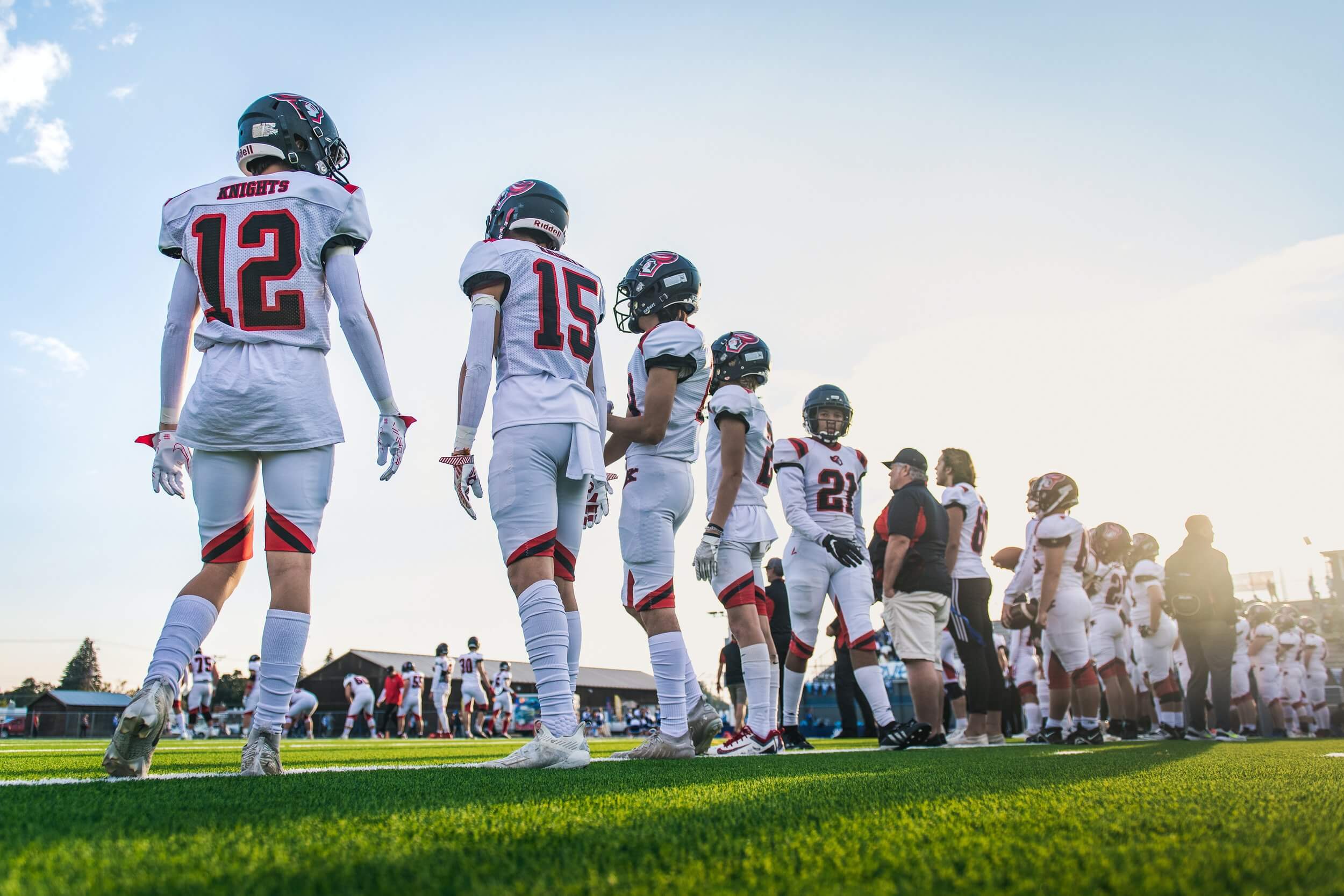Sport has always been more than just competition. It is a universal language — a force that transcends borders, politics, and social divisions. Whether played in neighborhood parks or on the grand stage of the Olympics, sports have the power to bring people together, build character, and drive positive societal change.
In the 21st century, as the world grapples with issues of health, equality, and mental well-being, the role of sport has never been more important. It impacts everything from youth development and education to national identity and global diplomacy.
This article explores the multifaceted role of sports in modern society — how it shapes individuals, connects communities, and influences our global culture.
1. Personal Development Through Sport
At its core, sport is a powerful tool for personal growth. It teaches discipline, responsibility, resilience, and teamwork — values that are just as important off the field as they are on it.
Physical Benefits:
Regular participation in sports enhances cardiovascular health, strengthens muscles, improves coordination, and boosts immunity. Children who play sports are less likely to suffer from obesity and related diseases.
Mental Benefits:
Sports also promote mental well-being. Physical activity stimulates the release of endorphins, which reduce stress and improve mood. Athletes often develop strong coping mechanisms, a sense of purpose, and increased confidence.
Life Skills:
Sports teach essential life lessons:
-
Teamwork and cooperation
-
Goal-setting and perseverance
-
Time management
-
Leadership and humility
These skills often carry over into academic success, career advancement, and healthier social relationships.
2. Sports and Youth Empowerment
Youth involvement in sports is crucial for creating well-rounded, healthy, and motivated individuals. Organized sports provide a structured environment where children can explore their potential, overcome challenges, and learn responsibility.

Many school and community sports programs serve as safe havens for at-risk youth, steering them away from crime, substance abuse, and negative peer influences. Coaches often become role models, helping young people build character and envision a positive future.
In some countries, sports scholarships are lifelines for students from low-income families, giving them access to education and life-changing opportunities.
3. Sport as a Unifying Force
Sports have a unique ability to unify people across race, religion, and class. Major events like the FIFA World Cup or the Olympics bring billions of people together in celebration of human achievement, regardless of nationality.
Examples of sport uniting communities:
-
Nelson Mandela and the 1995 Rugby World Cup in South Africa
-
The Olympics, which promote international peace and understanding
-
Football in refugee camps, where young people bond through play
Even at the local level, community sports leagues strengthen neighborhood ties and create a sense of belonging.
4. Economic and Industry Impact
Sport is a global industry generating trillions of dollars annually. From media rights and sponsorships to merchandising and tourism, sports drive massive economic activity.
Key industry components:
-
Professional sports leagues (NFL, NBA, Premier League)
-
Fitness and training facilities
-
Sportswear and equipment brands
-
Broadcasting and digital streaming
-
Sports betting and fantasy leagues
Major events boost local economies by creating jobs, increasing tourism, and sparking infrastructure development. The rise of eSports and sports tech is expanding the industry in new directions.
5. Women in Sports: Breaking Barriers
For decades, sports were male-dominated spaces, but the tide is turning. More women are competing at the highest levels, advocating for equal pay, and breaking records across nearly every discipline.
Notable progress:
-
Title IX in the U.S. ensuring gender equity in school sports
-
WNBA and Women’s World Cup growing global audiences
-
Female athletes like Serena Williams and Simone Biles promoting social justice
Despite progress, challenges remain — such as disparities in media coverage and sponsorship. Closing the gender gap is essential for creating a more inclusive sports culture.
6. Sports and Social Change
Athletes have long influenced culture and sparked movements. Today’s sports stars often use their platforms to advocate for causes beyond the game.
Examples of athlete activism:
-
Muhammad Ali’s stand against the Vietnam War
-
Colin Kaepernick’s protest against police brutality
-
Naomi Osaka and Simone Biles speaking about mental health
Sports organizations are also stepping up with campaigns like the NBA’s “NBA Cares” and the Premier League’s “No Room for Racism.”
7. Challenges in the World of Sports
Despite its benefits, the sports world faces real challenges:
-
Doping and Integrity: Drug use in competition undermines fairness and trust.
-
Corruption in Governance: Scandals in organizations like FIFA highlight the need for transparency.
-
Mental Health Struggles: Pressure and media attention can harm athletes’ well-being.
-
Injuries and Long-Term Health: Especially in contact sports, player safety must be a priority.
8. The Future of Sports
Key trends shaping the future include:
-
Technology Integration: AI, wearable tech, and VR training are transforming preparation and performance.
-
Sustainability: Eco-conscious stadiums and reduced waste are now expected.
-
Inclusivity: Adaptive sports and diverse representation are growing.
-
Globalization: Leagues and athletes now build fan bases across continents.
The line between sports and entertainment is blurring — and the digital age is making fans more connected than ever.

Conclusion: Sport as a Mirror of Society
Sport reflects our values, challenges our limits, and connects us in ways few other things can. Whether played for fun, fitness, fame, or national pride, sports foster resilience, character, and community.
As society evolves, so too must the world of sports. It must become more inclusive, more ethical, and more attuned to the needs of both athletes and fans. But its power — to inspire, to unite, and to transform — remains as strong as ever.
In a world that often feels divided, sport reminds us that teamwork, fairness, and shared goals are still worth striving for.
